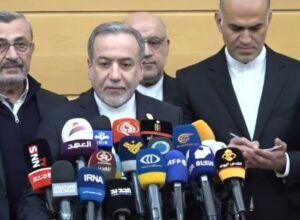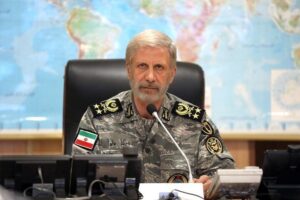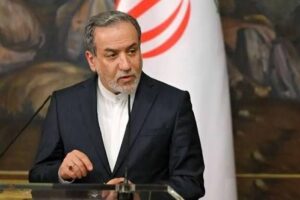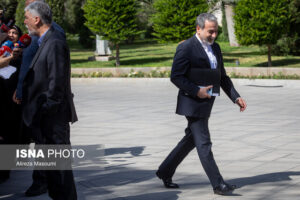Speaking to reporters on the sidelines of a cabinet meeting on Wednesday in Tehran, Eslami said the law sets two specific conditions, and the authority for determining their fulfillment lies with the AEOI’s report and the endorsement of the Supreme National Security Council.
“As of now, the IAEA has not carried out its legal duty,” he said, adding that Iran had called on the agency to perform its responsibilities, including condemning US-Israeli attacks on the country’s nuclear facilities in June this year and issuing a declaration to guarantee the protection of sensitive nuclear data.
“It has neither condemned the attacks nor issued any statement ensuring the protection of Iran’s nuclear industry information. As long as these actions are not taken, the parliament law cannot be implemented,” he said.
Eslami emphasized that the presence of IAEA inspectors in Iran does not take place according to the agency’s own schedule.
“Only in two cases of inspection, coordinated by the Foreign Ministry and approved by the Secretariat of the Supreme National Security Council, did inspectors visit the Bushehr and Tehran facilities, carry out their work, and then leave the country,” he said.
The AEOI chief also announced the inauguration of a new radiation processing center in Ardabil, northwest Iran.
Eslami further referred to the new Iran-Russia agreement on constructing large-scale nuclear power plants.
He said the original intergovernmental deal from the 2000s covered eight large units, four of which, totaling 5,000 megawatts, are planned for Bushehr, while the other four will be built in eastern Hormuzgan Province.
He added that the sides also reached a preliminary understanding to add small modular reactors (SMRs) to the original agreement.
“The initial memorandum was signed in Russia, and we expect the main text to be finalized soon,” Eslami said, expressing hope to begin the pilot phase of the SMR project in northern Iran before expanding it to industrial and mining regions.







